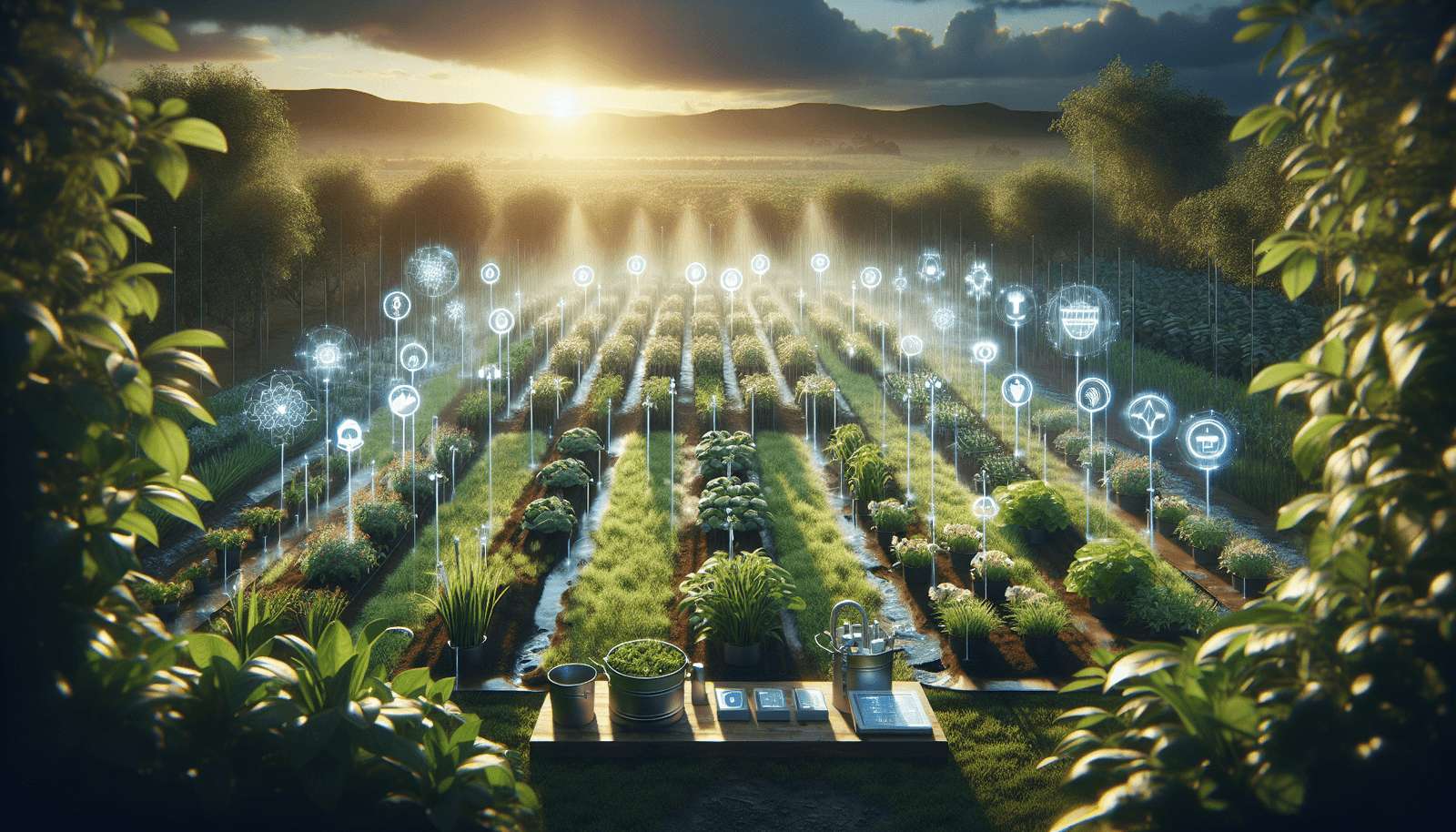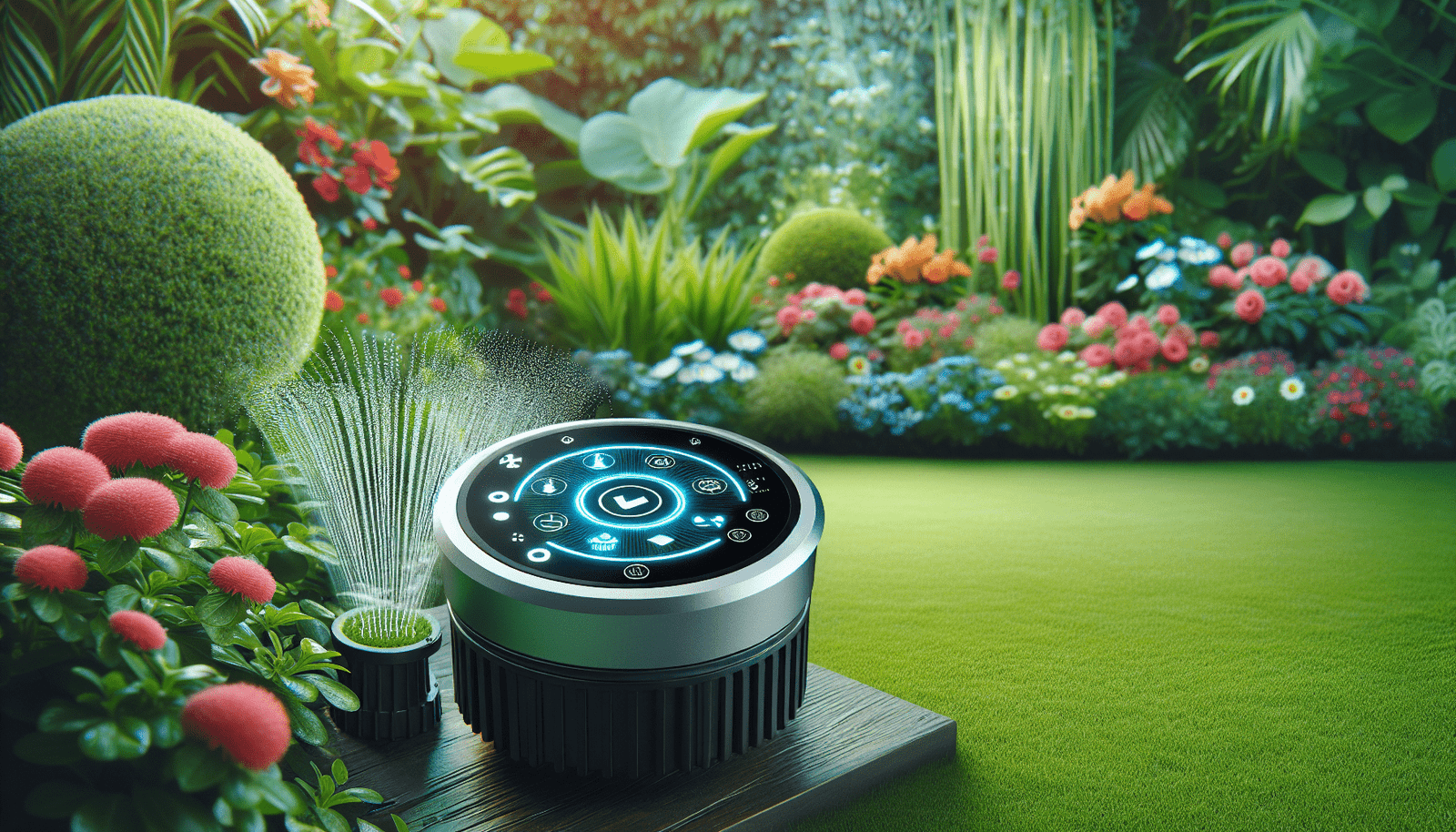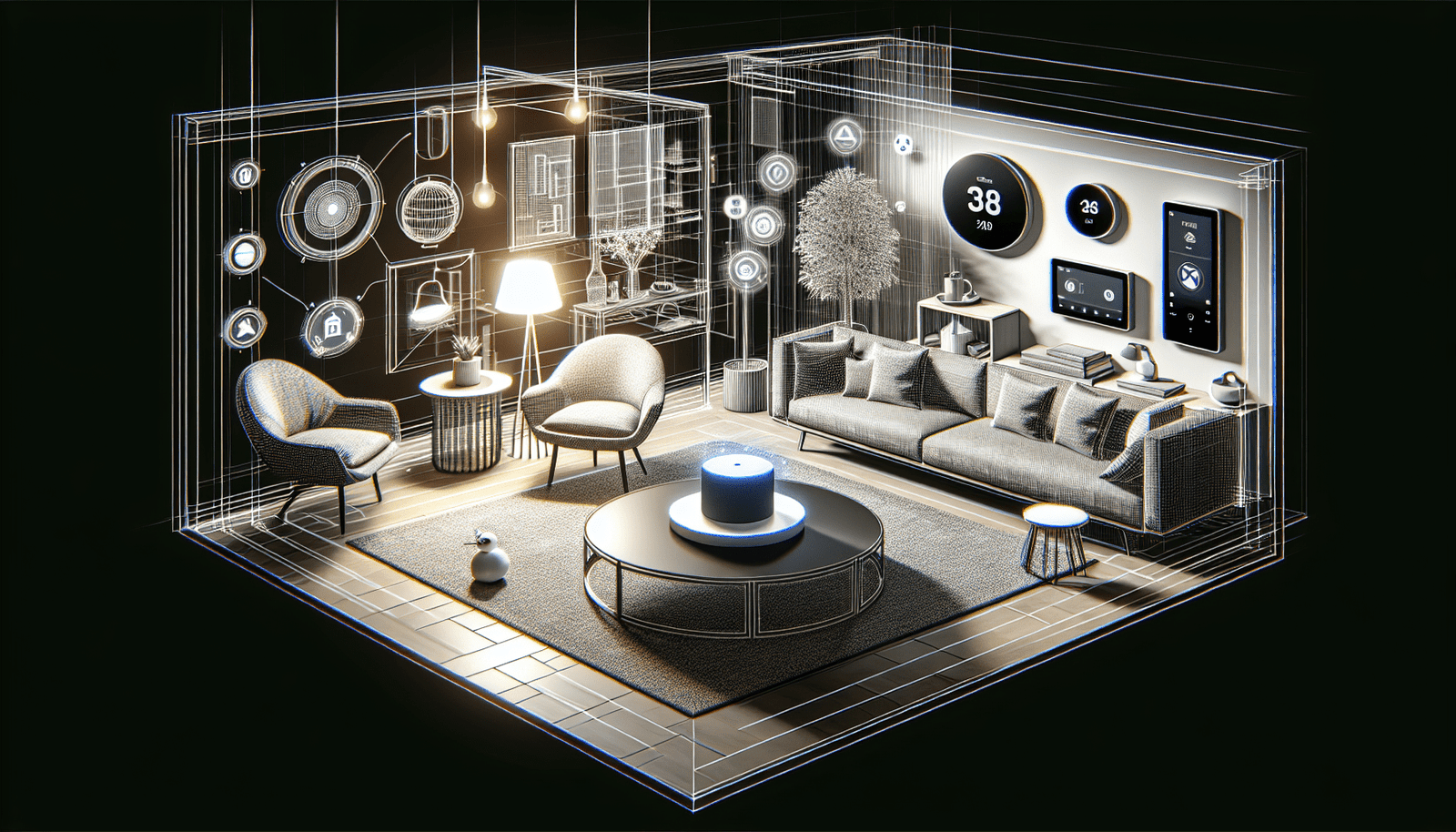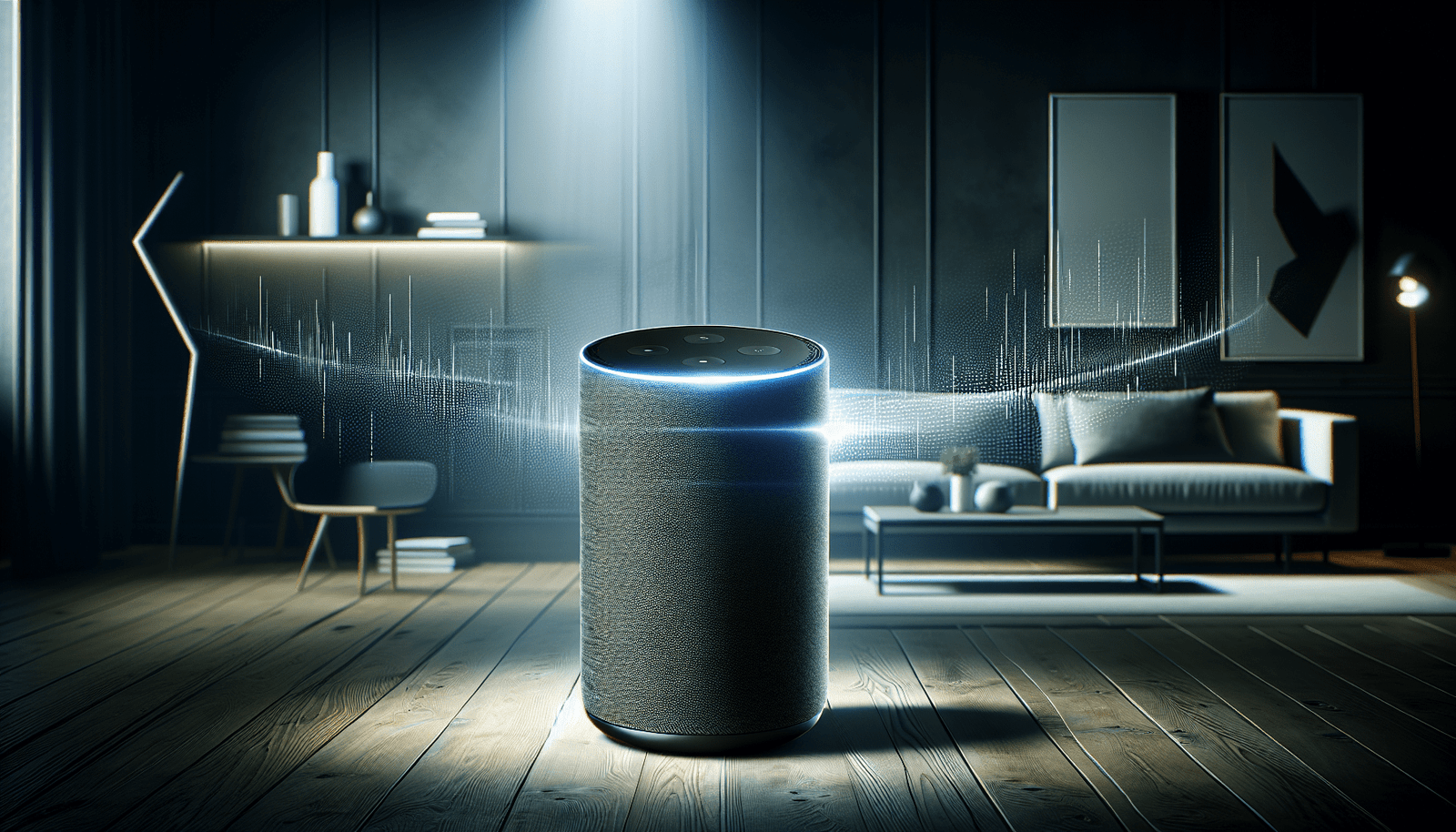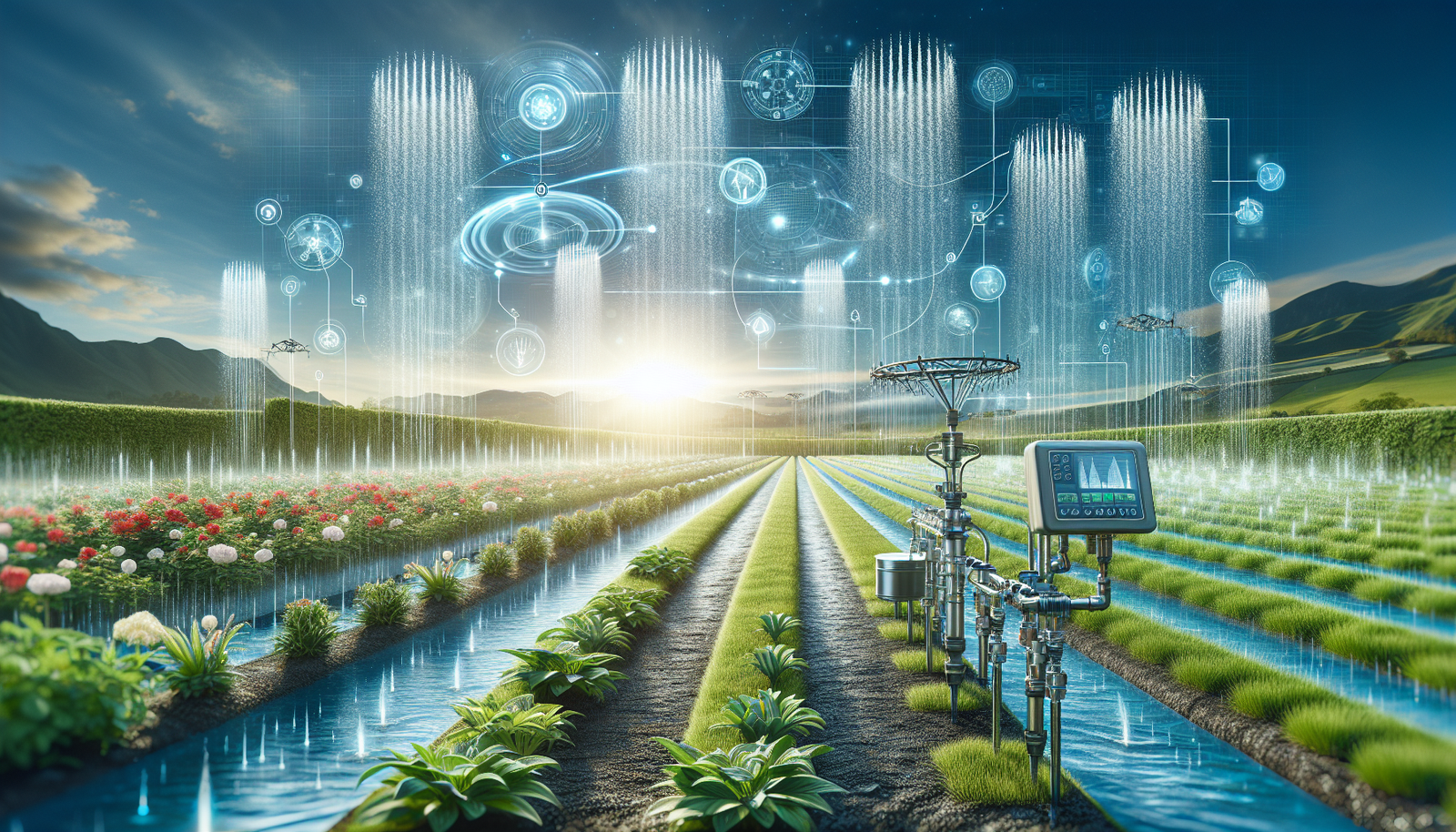Have you ever wondered whether a smart irrigation system is the right choice for your garden or lawn? As technology evolves, integrating smart features into home environments becomes an attractive option. However, just like any technology, smart irrigation systems come with their own set of challenges. In this article, we’ll explore some potential disadvantages of smart irrigation systems, helping you make an informed decision about whether this technology is the right fit for you.
Understanding Smart Irrigation Systems
To start, let’s quickly go over what smart irrigation systems are. These systems use advanced technology to automate and optimize watering schedules for gardens and lawns. By connecting to local weather data, soil moisture sensors, and even apps on your phone, they aim to efficiently use water resources while promoting healthy plant growth.
The Role of Technology in Watering
Smart irrigation systems leverage the power of technology to deliver water when and where it’s needed. They can utilize weather forecasts and sensor data to adjust watering schedules on the fly, minimizing water wastage while ensuring your plants get sufficient hydration. While this sounds promising, let’s look at some potential drawbacks.
Installation Complexity
One of the initial barriers you might face is the complexity of installing a smart irrigation system. Unlike traditional systems, smart ones often require a more intricate setup.
Wiring and Sensor Placement
The installation process might involve working with complex wiring and strategically placing sensors throughout your lawn or garden. If you’re not tech-savvy, this could prove daunting. You might need professional help, which could increase the initial investment.
App and Wi-Fi Connectivity
To get the most out of a smart irrigation system, you’ll need a reliable internet connection and compatible devices to manage the system remotely. Without these, you might not be able to fully utilize the system’s capabilities.
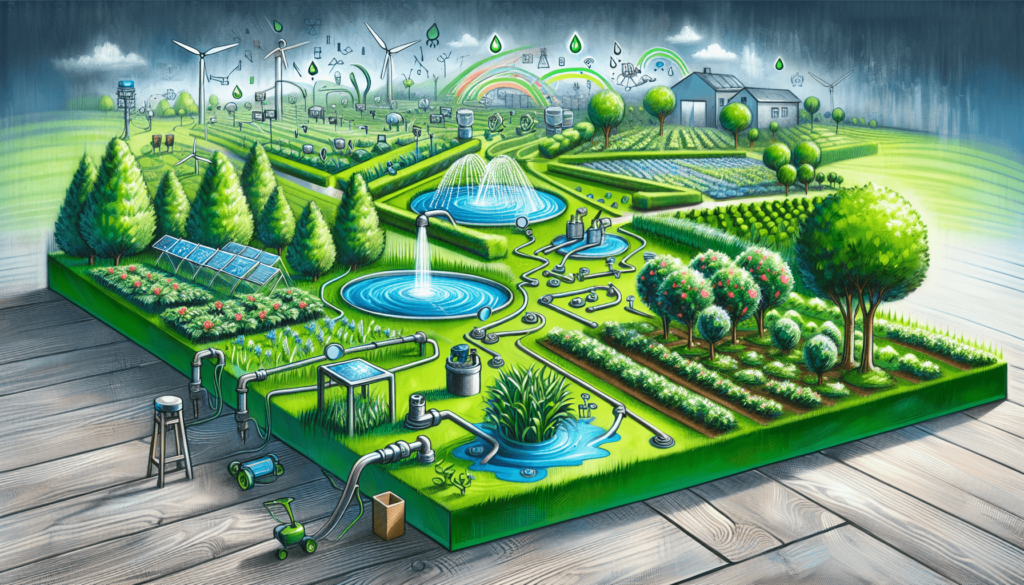
High Initial Costs
Another drawback to consider is the expense associated with the initial setup. Smart systems can be significantly pricier than traditional ones.
Cost of Equipment
The advanced technology involved in smart irrigation systems means they come with a higher price tag. Whether it’s the controllers, sensors, or software, these components add up, potentially making it a substantial investment.
Professional Installation Fees
If the idea of setting up the system yourself is intimidating, hiring a professional to handle the installation will add to the costs. Balancing the initial expense with long-term savings on water bills can influence your decision.
Ongoing Maintenance and Upkeep
Maintaining a smart irrigation system might be more demanding than you initially expect. Like any advanced technology, it requires ongoing attention to ensure it functions optimally.
Software Updates
The technology behind smart irrigation is always advancing. This means regular software updates are necessary to keep the system running smoothly. If you’re not proactive about updates, you could miss out on new features or improvements.
Hardware Repairs
In addition to software, hardware components such as sensors and controllers can fail and require repairs or replacements. Keeping track of these potential issues and addressing them promptly is crucial to maintaining the system’s efficiency.
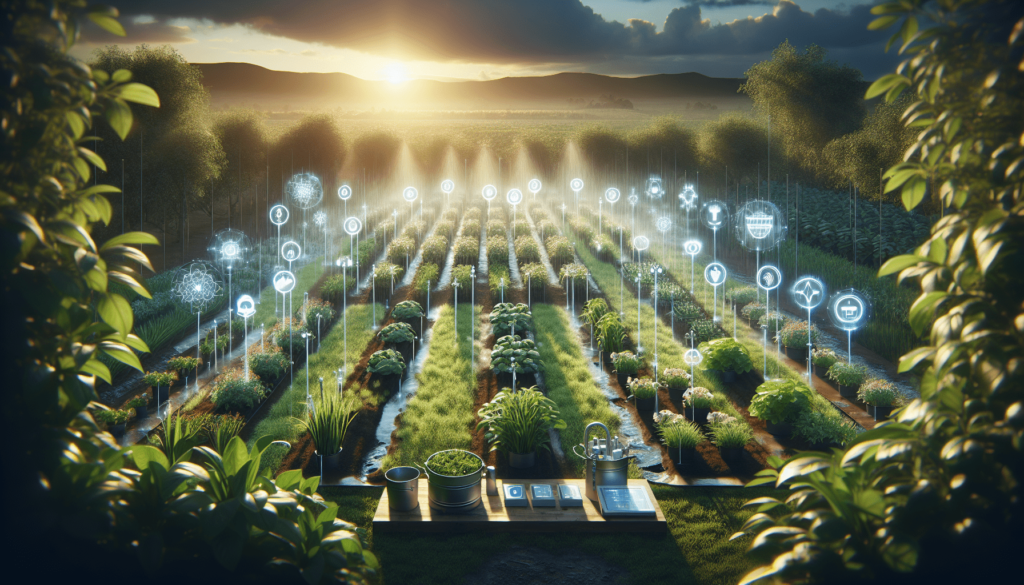
Reliance on Technology and Data
While technology is a driving force behind smart irrigation systems, reliance on data and connectivity can also be a downside.
Internet Dependency
The effectiveness of smart systems hinges on a steady internet connection. Poor connectivity could disrupt the system’s ability to collect weather data or communicate with apps, leading to inefficient performance.
Data Privacy Concerns
Your smart irrigation system will collect and send data about your watering habits. For some, this raises privacy concerns. Understanding what data is collected and how it’s used can help you make an informed choice.
Environmental and Weather Challenges
Considering environmental factors is crucial when looking at the drawbacks of smart irrigation systems.
Unpredictable Weather
While smart systems aim to conserve water by adjusting to weather patterns, unexpected weather changes might still lead to over- or under-watering. This is especially true in regions with frequent weather fluctuations.
Soil and Plant Variability
Smart irrigation systems attempt to cater to various soil types and plant species. However, they might not always accurately account for unique plant requirements, leading to less effective water distribution.
User Experience and Learning Curve
Stepping into the realm of smart irrigation involves a learning curve that can be challenging for some users.
System Complexity
Managing a smart irrigation system may feel overwhelming initially due to its complexity compared to traditional models. Understanding how to set schedules, interpret sensor data, and utilize the technology effectively requires time and effort.
Tech-Savvy Requirement
These systems are more suited to those comfortable with technology. If you’re not tech-inclined, you might find the learning process frustrating and time-consuming.
Potential for Malfunctions
With advanced technology comes the possibility of technical glitches and malfunctions.
Software Bugs
Even the most sophisticated software isn’t immune to occasional bugs and glitches. If the system malfunctions, it might misinterpret weather data or sensor readings, leading to improper watering schedules.
Sensor and Controller Failures
Sensors and controllers are essential components, and if they fail, the system’s efficiency can be compromised. Regularly checking for issues and addressing them promptly is necessary to avoid disruptions.
Comparison with Traditional Systems
To make an informed decision, it’s helpful to compare smart irrigation systems with their traditional counterparts.
| Feature | Smart Irrigation System | Traditional Irrigation System |
|---|---|---|
| Water Conservation | High | Moderate |
| Initial Cost | High | Low |
| Installation Complexity | Complex | Simple |
| Maintenance Requirements | High | Moderate |
| Technology Dependency | High | Low |
| Adaptability to Conditions | High | Low |
Conclusion: Balancing Pros and Cons
Choosing whether a smart irrigation system aligns with your goals involves weighing the advantages against the potential disadvantages. While the initial costs and learning curve may seem daunting, the promise of improved water efficiency and modern convenience could make it worthwhile. Your decision should align with your priorities, balancing the ease of innovation with your level of technological comfort. Whether you prioritize user experience, budget, or environmental benefits, this knowledge empowers you to make the choice that’s best for your garden and lifestyle.
Disclosure: As an Amazon Associate, I earn from qualifying purchases.
